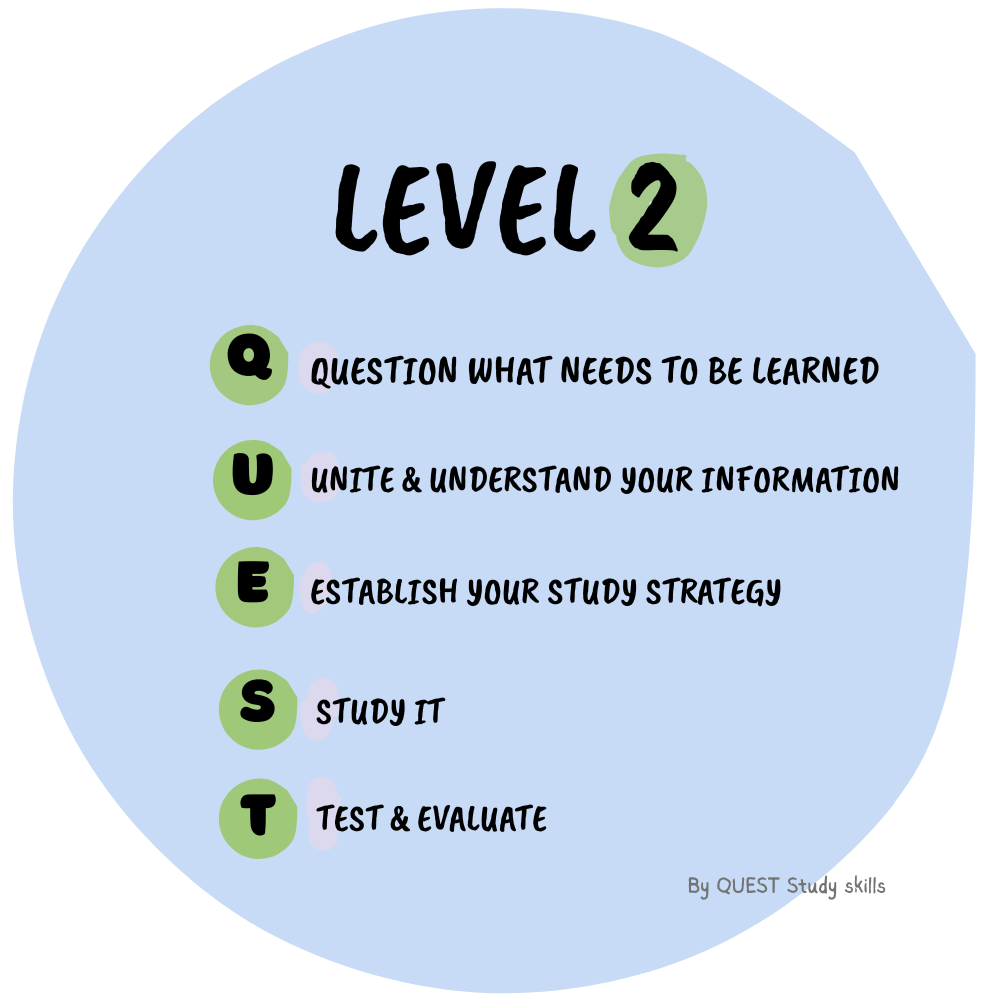How to prioritise tasks and manage your time better

There’s always so much to do. School tasks, homework, assignments, life stuff, friend stuff, things we have to do and things we want to do. But how do you know what to do first and what can wait?
That’s where prioritising comes in. Not just doing what’s due soonest but learning to spot what’s actually important and choosing what to focus on before things become urgent and crisis mode.
It’s a slight shift in thinking, but it truly changes everything.
This is the shift: Less reacting, and more planning
You're probably thinking 'less reacting, and more planning? What does that even mean?!' Here's what it means. Most of us wait until a task becomes urgent before we give it our full attention. It’s totally human. We only start thinking about that 'thing' when we need to start thinking about that 'thing', and before that, we're not even giving that 'thing' the time of day. When you see the due date coming up, the pressure kicks in, and suddenly, it becomes the most important 'thing' in the world.
But here’s the thing, by the time it’s urgent, it’s already too late, and it's horribly stressful.
What if you could stay on top of your tasks without the last-minute panic?
A simple way to prioritise: The task & priority quadrant
Stephen Covey, in his book The 7 Habits of Highly Effective People, explains that every task falls into one of four categories:
- Urgent + Important – crisis mode (e.g. a test tomorrow you haven’t studied for. Horrible!)
- Not Urgent but Important – where the smart stuff happens (e.g. starting your assignment early or studying for the test a little at a time week by week)
- Urgent but Not Important – distractions disguised as urgent (e.g. group chats or quick favours, or friend's dramas)
- Not Urgent + Not Important – time wasters (e.g. endless YouTube scrolling, doom scrolling, looking at fast fashion sales)
So what's the goal? Spend more time in Quadrant 2, doing the important stuff before it becomes urgent. That’s where real productivity and low-stress study happen.
How to use the priority matrix
When you feel overwhelmed or have a long to-do list, pause and sort each task into one of the four boxes. You’ll quickly see:
- What needs attention now
- What you should plan time for soon
- What to delay
- What to skip altogether
This helps you focus without wasting energy on the wrong things.
Example:
Let’s say you’ve got:
- An assignment due in 2 weeks (Important but Not Urgent - Quadrant 2)
- A science test tomorrow (Urgent and Important - Quadrant 1)
- A group chat lighting up about weekend plans (Urgent but Not Important - Quadrant 3)
- A new YouTube rabbit hole calling your name (Not Urgent and Not Important - Quadrant 4)
Your planner should focus on:
✔️ Revising for the science test today
✔️Planning some time this week to start your assignment
❌ Silencing the group chat for now. Your friends will still be there.
❌ Skipping YouTube, you’ll enjoy it more once your stuff is done
Your printable: The Tasks & Priorities Matrix
We’ve created a simple worksheet inspired by Covey’s Time Management Quadrant to help you plan your tasks more clearly.
🖨️Print it and write by hand
💻 Or download the fillable version and type directly into it
You can find it in the Free Printables section.

Want a calmer, more productive study life?
- Start using the Time Quadrant before your week begins
- Schedule your Quadrant 2 tasks early so they never become Quadrant 1
- Build it into your weekly planner, and watch the panic fade
Planning ahead isn’t about doing more; it's about doing things right. It’s about doing what matters when it matters.
👇While you're here...
Want to join the early Access list to the Mini Planning Course?
Stay connected with news and updates!
Join our mailing list to receive the latest news and updates from our team.
Don't worry, your information will not be shared.
We hate SPAM. We will never sell your information, for any reason.

